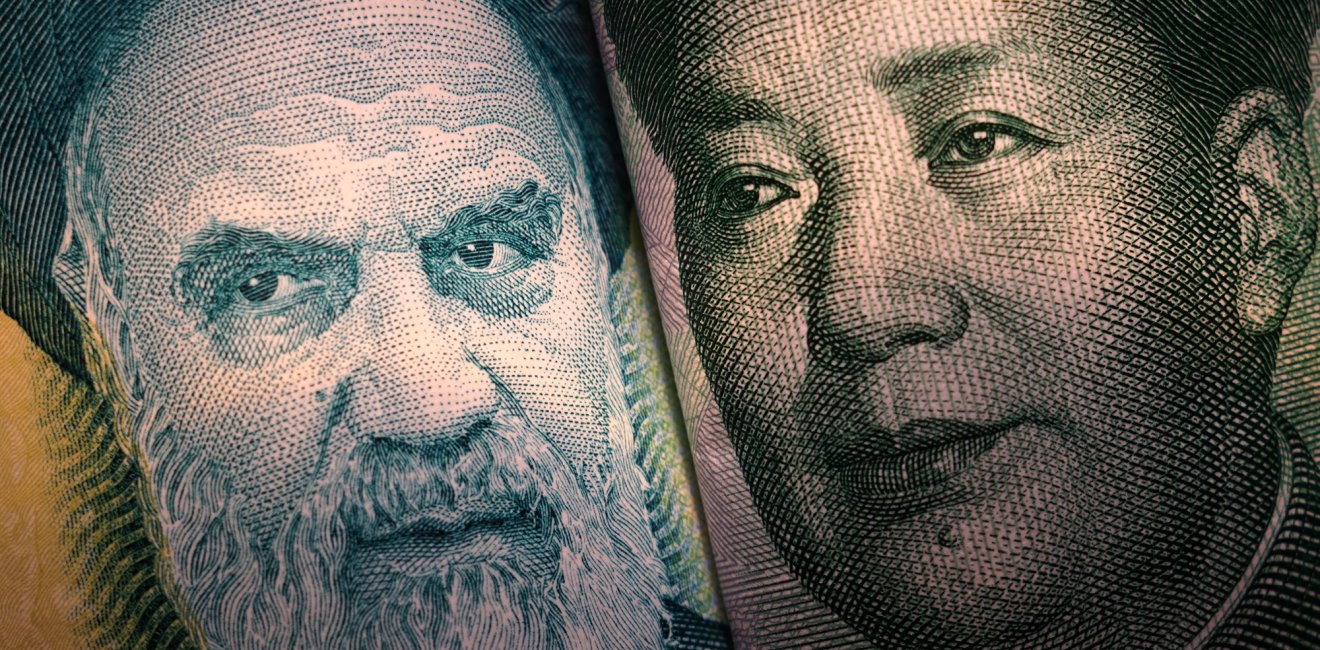
A blog of the Indo-Pacific Program
On the list of foreign policy headaches facing the Biden administration, Iran’s nuclear program ranks near the top. The Obama administration negotiated at least an interim solution to the problem, but went back to square one under the Trump White House. President Biden remains committed to restoring the previous agreement (the Joint Comprehensive Program of Action or JCPOA), but that is an increasingly doubtful prospect.
The enmity that pervades U.S.-Iranian relations is pervasive, but also artificial. As late as the 1970s, relations with Iran under the Shah were close, even cordial. The Nixon administration viewed Iran as an important security partner in the region. Iran was also close to Israel. That was not particularly surprising; Shiite Iran had tense relations with the Sunni Arab world — the same countries that were avowed enemies of Israel. However, in 1979, the revolution led by Shiite clerics under Ayatollah Khomeini overthrew the Shah and Iran proclaimed that America, “the Great Satan,” was the enemy of the revolution. “Death to America” became the battle cry in the Iranian streets. Along the way, the U.S. Embassy in Tehran was seized by a mob and the embassy personnel taken hostage for 444 days.
Khomeini’s hostility reflected anger over U.S. support for the Shah, but also his ambition to remake the entire region into a reflection of the Iranian revolution. Iran fought a debilitating war with Sunni-led Iraq and supported violent Shiite movements in Lebanon (Hezbollah), Yemen (Houthis), and, more recently, Shiite militias in Iraq, as well as the heterodox Assad regime in Syria — all adversaries of the United States.
For the United States and the outside world, the question has been whether this is real — or are the Iranians secretly building a weapons program?
Beginning under the Shah, Iran has been determined to build a domestic nuclear energy industry. The clerics eagerly embraced the Shah’s program. Khomeini and his successor have stated repeatedly that Iran wants nuclear energy, not nuclear weapons. For the United States and the outside world, the question has been whether this is real — or are the Iranians secretly building a weapons program? The Netanyahu government in Israel stridently declared that Iran was indeed seeking nuclear weapons —and that Israel would “never” allow it to succeed. Netanyahu’s position was not just rhetorical. Israel mounted a relentless program of clandestine sabotage and assassination inside Iran designed to cripple the nuclear program. There were a number of spectacular successes, but taken together, they could do no more than delay Iran’s efforts. They might even backfire by convincing skeptical Iranians that nuclear weapons were, in fact, necessary to deter Israel. Netanyahu’s solution to these problems was to convince the United States to attack Iran and destroy its nuclear infrastructure — on Israel’s behalf.
Despite huge pressure from Netanyahu, President Obama chose a different course — seek a negotiated settlement with Tehran that would take nuclear weapons off the table. He was aided by the fact that a relatively moderate civilian government had emerged out of the Iranian elections of 2013. Along with France, Britain, China and Russia, the United States negotiated the JCPOA under which Iran pledged not to produce nuclear fuel (highly enriched uranium) for weapons while allowing international inspectors to monitor compliance. In return, a suite of economic sanctions imposed by the United States and Europe over the nuclear issue, would be unwound.
For nearly two years, the JCPOA seemed to be working as designed. But Donald Trump pulled the United States out and effectively nullified the agreement. Trump imposed new, more draconian, sanctions while demanding new Iranian concessions. Tehran reacted with fury and defiance — and began to enrich uranium closer to “weapons-grade” in overt violation of the JCPOA.
In the last few days, Tehran has indicated it will still be weeks before they will talk to the Europeans, much less the Americans.
Biden, along with other governments that signed the JCPOA, hoped that a U.S. pledge to reenter and observe the previous agreement would persuade Iran to do the same. But four months ago, a new, hardline government took power in Tehran with its own set of new demands. As, of the present, there have been repeated efforts to restart direct U.S.-Iranian talks — with no result. In the last few days, Tehran has indicated it will still be weeks before they will talk to the Europeans, much less the Americans. Meanwhile, Iran’s nuclear centrifuges continue to enrich uranium to a level ever closer to weapons-grade.
The current dilemma for Washington is obvious and excruciating. The Biden administration has publicly committed itself to negotiating a restored JCPOA, but that is impossible without Iran’s agreement. Administration officials are now talking openly about resorting to “plan B.” But what is plan B? Meanwhile, there are signs that Israel is belatedly having second thoughts about the wisdom of its rigid opposition to the previous agreement. Now Israel faces what it most feared — a hostile Iranian regime without effective constraints on its nuclear program.
At the same time, the very foundation of U.S.-European-Israeli strategy toward Iran seems in serious question. That strategy was/is based on the assumption that economic sanctions will be so damaging to the Iranian economy that Tehran will be willing to forego any nuclear weapons ambitions in order to obtain sanctions relief. That seemed to work during the negotiations in 2015 that produced the JCPOA. But, six years later, the Iranian economy looks a lot less vulnerable to sanctions — for one overriding reason. Earlier this year, China signed a “Comprehensives Strategic Partnership” with Iran calling for at least $400 billion of Chinese investment in return for guaranteed supplies of discounted Iranian oil for 25 years. The Federal Reserve of St. Louis estimates that Iran oil exports to China will top 600,000 barrels a day by next year. The “partnership" blows a massive hole in the sanctions regime and offers the new Tehran government the prospect of having economic growth — and an unconstrained nuclear program.
Viewed through the lens of the U.S.-China strategic rivalry, the Iran deal does several things for Beijing. China gains privileged access to some of the world’s largest oil and gas reserves. Chinese banks and construction companies operating under the Belt and Road rubric gain an important new arena in which to invest. At the same time, it creates a major, unwanted, distraction for the Biden White House as it is trying to shift U.S. strategic attention away from the Middle East toward the Indo-Pacific. Beijing has just made Washington’s global security calculus a good deal more complicated — and no one in the Chinese leadership will regret that a bit.
Follow the Asia Program on Twitter @AsiaProgram. or join us on Facebook.
The views expressed are the author's alone, and do not represent the views of the U.S. Government or the Wilson Center. Copyright 2020, Asia Program. All rights reserved.
Author

Adjunct Professor, Johns Hopkins University; Former Professor of National Security Policy, National War College and Deputy Staff Director, Senate Select Committee on Intelligence

Indo-Pacific Program
The Indo-Pacific Program promotes policy debate and intellectual discussions on US interests in the Asia-Pacific as well as political, economic, security, and social issues relating to the world’s most populous and economically dynamic region. Read more





